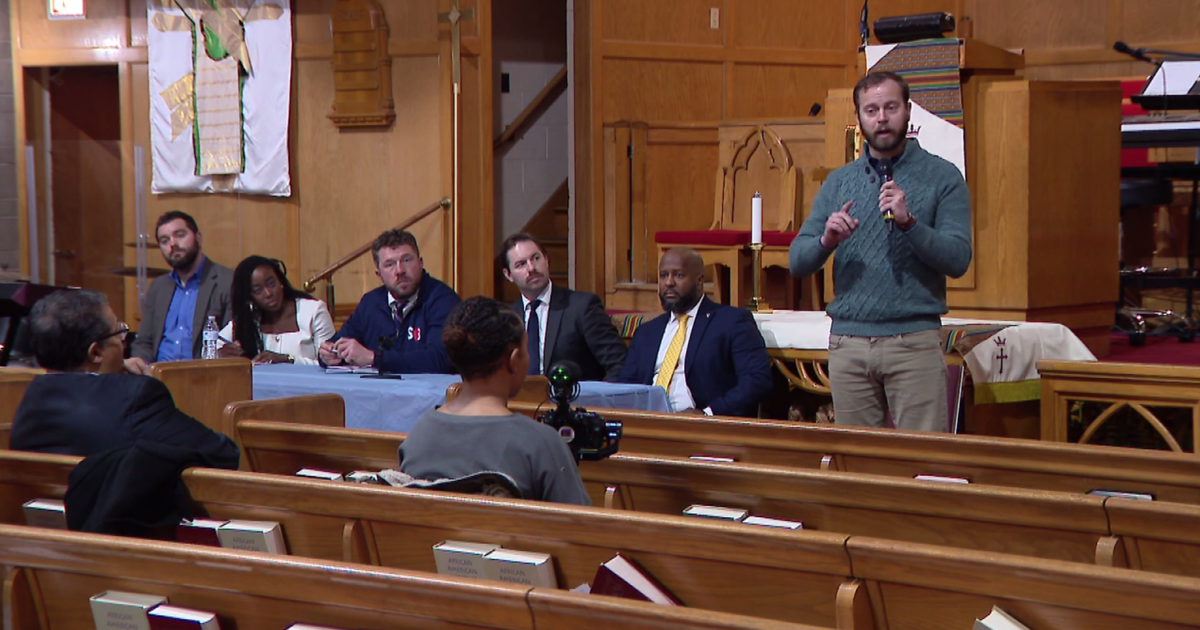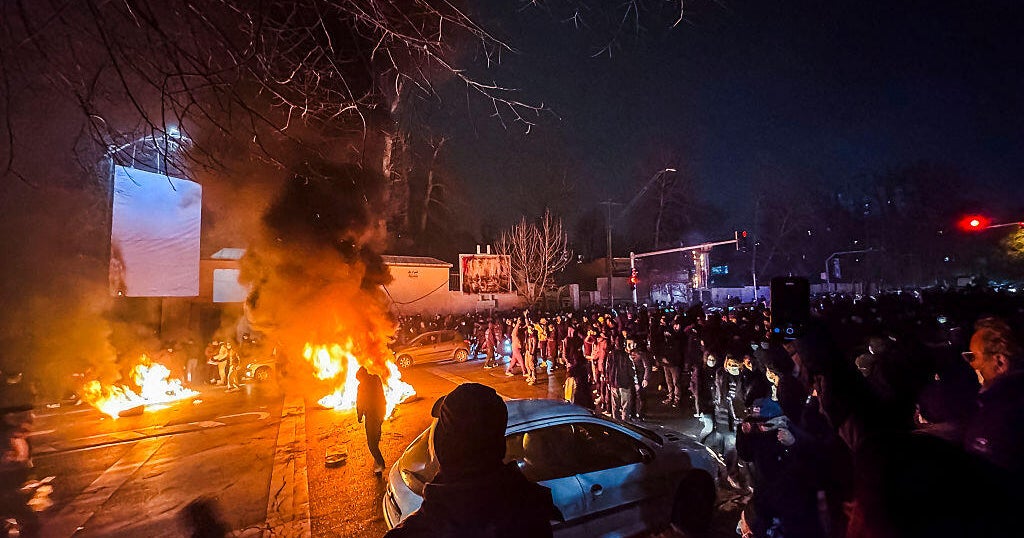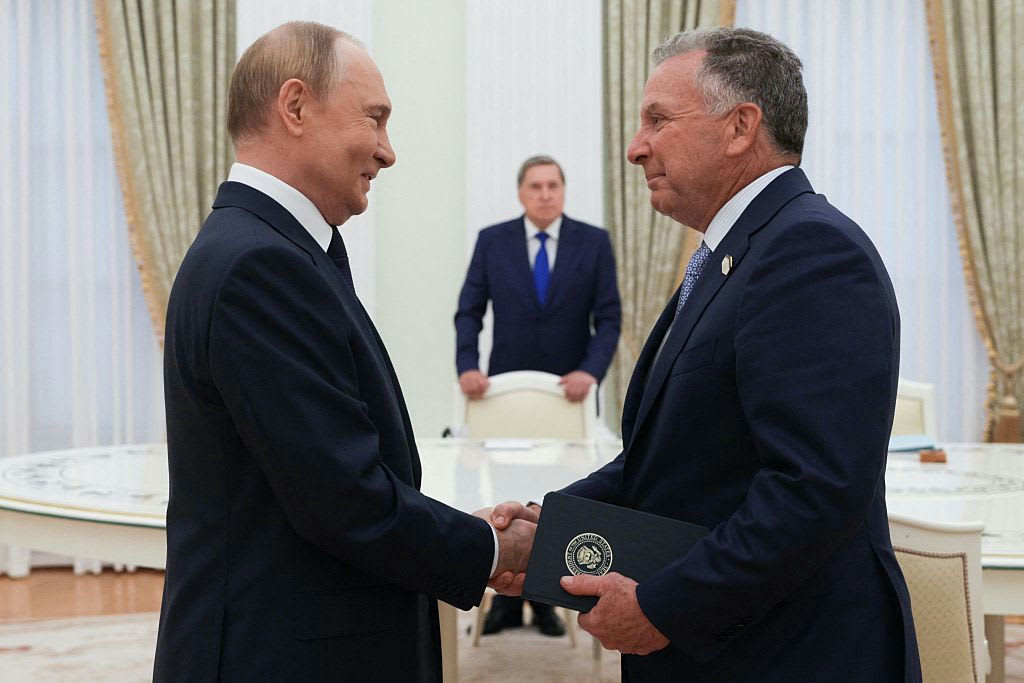Ukrainian soldiers held as Russian prisoners of war return to the battlefield: "Now it's personal"
Intense fighting in the devastated Ukrainian city of Bakhmut continued Friday, one year after the end of the siege of another Ukrainian city, Mariupol.
The battle in Mariupol was one of the deadliest of the war. Tens of thousands of civilians were killed, and for months, the soldiers of Ukraine's Azov Regiment withstood relentless Russian bombardment beneath a sprawling steel works complex, until they had no choice but to surrender or die.
Chief Sergeant Kyrylo and Commander Arsen Dmytryk were among the men hauled away to a Russian prisoner of war camp. They said they feared for their lives.
"We ate food with no caloric value, mostly. With no salt, tea with no sugar, and nothing overall. I lost 30 kilos (65 pounds)," Dmytryk said.
Neither man will discuss whether he was tortured while captive, in order to protect other POWs who are still being held by Russian forces.
But while they were imprisoned, Dmytryk said some of those his under his command were transferred to other barracks. Then, there was a massive explosion followed by a huge fire, and a scene that he described as a vision of hell.
"Everything was on fire. All of the guys are screaming. Some bodies are starting to burn down. Our boys started giving medical aid on the spot," Dmytryk said.
He said he believed Russian forces were responsible for the disaster, and over 50 of his fellow service members perished.
"It was the Russians. 100%" Dmytryk said.
A spokesperson for the United Nations told CBS News that it had opened an investigation into what happened but had to drop it because they weren't provided safe access to the Russian-held territory.
Both Dmytryk and Kyrylo survived and were forced to appear on Russian television to say how well they had been treated by their captors. Eventually, they were freed in a prisoner swap.
After a brief period for their health to improve, the two men went right back to the battlefield, insisting that Ukraine would one day retake Mariupol, and seeking to prove that their Russian captors did not break them.
"Now, it's personal for us against them," Dmytryk said.






